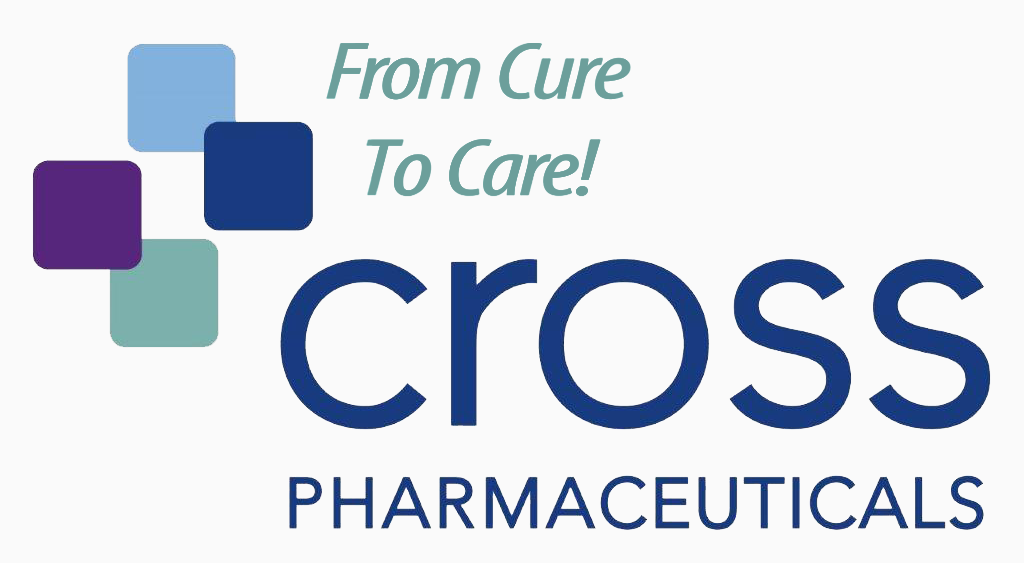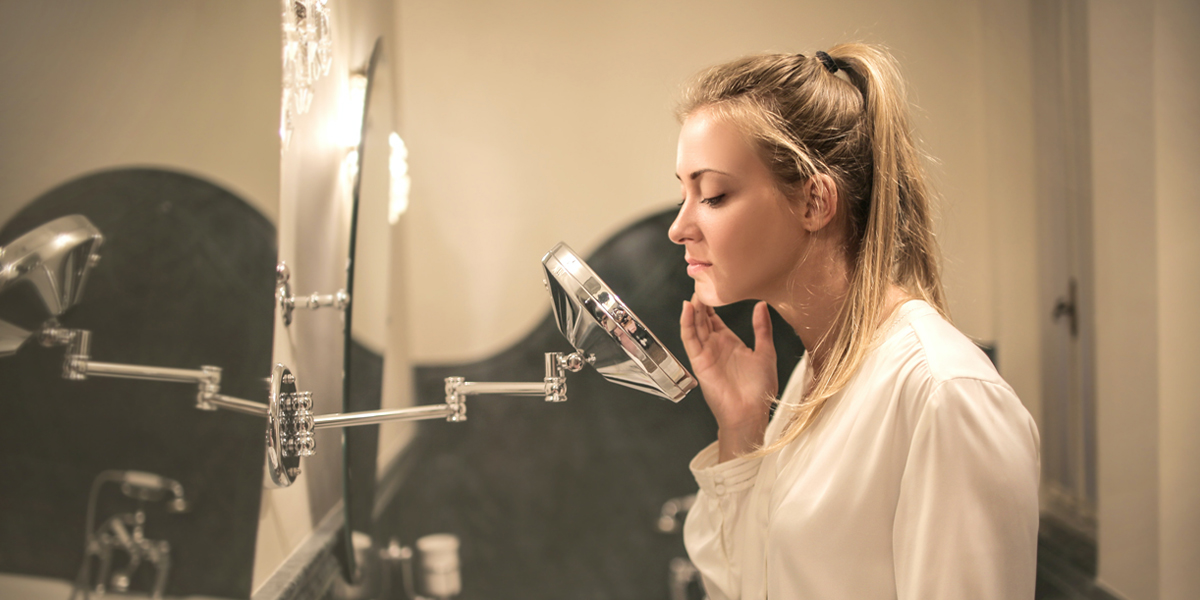Acne is arguably one of the most common skin issues. Although it is more common in adolescents, there are more and more cases of adult acne. In addition, Mascne is the new type of acne. The term comes from the words “mask” + “acne” and denotes exacerbations of acne due to long hours of mask use. The appearance of acne, then, can be unexpected and varied, without necessarily depending on age.
Acne - What is it?
Acne Vulgaris is a disease characterized by inflammation of the sebaceous glands. It appears in the parts of the body where the sebaceous glands are abundant (face, chest, back). The sebaceous glands are located around the hair follicles in the skin and produce sebum, which is normally secreted on the surface of the skin through the hair follicle.
Acne mainly affects the sebaceous glands. The accumulation eventually breaks the wall of the hair follicle and forms an inflamed cyst under the skin.
Acne lesions can be inflammatory or non-inflammatory. Non-inflammatory lesions include pharyngeal (light-black spots, closed-white spots). Inflammatory lesions can be papules (small reddish pimples), blisters (pimples with pus), nodules and cysts. The latter two are usually responsible for the scars that form on the surface of the skin.
Acne - What Causes It?
The etiology of acne is multifactorial and includes the following events: sebaceous gland obstruction, inflammation - due to the colonization of bacteria in the area -, abnormal keratinization of the skin, as well as hormonal and environmental factors (stress, diet, hereditary predisposition).
However, immediate treatment of acne with proper medication and proper treatment helps to improve the patient's clinical picture faster and reduces the chance of scarring.
Ways to Treat Acne
The symptoms of acne can be treated immediately with the intervention of a specialized Dermatologist, who will suggest the best treatment or combination of treatments.
By choosing suitable products, both pharmaceutical and OTC, even a complete cure of the disease can be achieved.
Modern topical medications include tretinoin, adapalene, benzoyl peroxide, azelaic acid and / or antibiotics: tetracycline, erythromycin, clindamycin, are highly effective and can significantly improve the individual's clinical picture.
In more severe and persistent cases, it is necessary to administer systemic medication, ie oral antibiotics (per os), such as doxycycline, erythromycin, minocycline, azithromycin. Isotretinoin per os is also common.
Acne is a common but complex disease that requires specialized and targeted treatment. Cross provides a range of innovative therapeutic approaches, aimed at effectively treating acne to improve your health and image.



